Watch roundtable webinar: Nagorno-Karabakh: from status quo towards final resolution? (archive)
Webinar December 8, 2020. https://rucarr.mau.se/live-video/
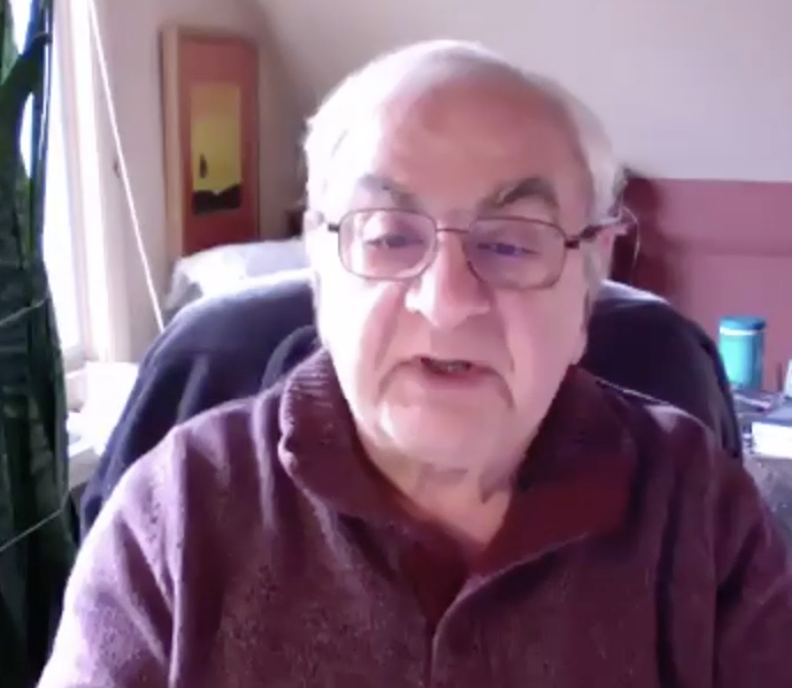 Prof. Gerard Jirair Libaridian, professor (emeritus) of history at the University of Michigan, former advisor to the first President of the Republic of Armenia on foreign and security policies. (photo)
Prof. Gerard Jirair Libaridian, professor (emeritus) of history at the University of Michigan, former advisor to the first President of the Republic of Armenia on foreign and security policies. (photo)
Dr. Philip Gamaghelyan, assistant professor at the Joan B. Kroc School of Peace Studies, University of San Diego.
Dr. Kamal Makili-Aliyev, senior lecturer at the Department of Global Political Studies, Malmö University, affiliated researcher at the Raoul Wallenberg Institute of Human Rights and Humanitarian Law.
Mr. Zaur Shiriyev, International Crisis Group’s Analyst for South Caucasus, former Academy Associate with the Russia and Eurasia Programme at Chatham House.
Modertor: Dr. Julie A. George, associate professor at the Graduate Center / Queen’s College, City University of New York.
Selected publications
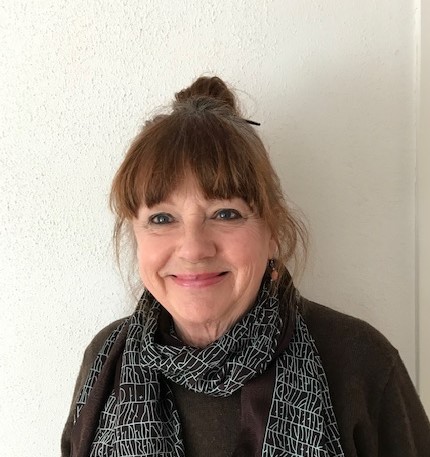 Magnusson, Märta-Lisa and Karina Vamling. (2023). Ryssland mot Turkiet i Nagorno-Karabach. Forskning & Framsteg. https://fof.se/artikel/ryssland-mot-turkiet-i-nagorno-karabach/
Magnusson, Märta-Lisa and Karina Vamling. (2023). Ryssland mot Turkiet i Nagorno-Karabach. Forskning & Framsteg. https://fof.se/artikel/ryssland-mot-turkiet-i-nagorno-karabach/
Magnusson, Märta-Lisa and Karina Vamling. (2023). Ryssland förlorar inflytande till förmån för Turkiet. Sydsvenskan (2022-02-24) (link)
Magnusson, Märta-Lisa (2010). “Why No Settlement in the Nagorno-Karabakh Conflict? – Which are the obstacles to a negotiated solution?” In: Vamling, K. (ed): Language, History and Cultural Identities in the Caucasus : papers from the conference, June 17-19 2005, Malmö University, 2010, pp. 114-143 (link)
Magnusson, Märta-Lisa:. (2008). “Nagorno-Karabakh – de facto stat på spring?” Fra nation til stat: Er Kosovo undtagelsen? Udenrigs, nr. 1, 2008 (link)
Magnusson, Märta-Lisa (2003). Karabakh- den besvärlige brik i de stores spil. I: Ib Faurby og Märta-Lisa Magnusson (Red): Korsvej og minefelt. Kultur og konflikt i Kaukasus. Århus: Systime Academic, sid. 166-213.
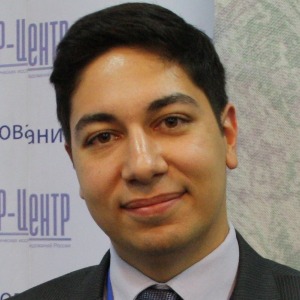 Makili-Aliyev, Kamal (2020). Contested Territories and International Law. A comparative study of the Nagorno-Karabakh conflict and the Aland Islands precedent. Abingdon, Oxon ; New York, NY : Routledge
Makili-Aliyev, Kamal (2020). Contested Territories and International Law. A comparative study of the Nagorno-Karabakh conflict and the Aland Islands precedent. Abingdon, Oxon ; New York, NY : Routledge
Makili-Aliyev, Kamal (2021). The Role of Azerbaijan in the Non-Aligned Movement Through the Lens of International Law and Security. In: The 60th Anniversary of the Non-Aligned Movement. :359-370; Institute of International Politics and Economics (link)
Theisen, Søren (2021). A little trip down memory lane. REjser i Armenien kring tiden omkring Sovjetunionens opløsning I: Magnusson, ML & K. Vamling (eds.) Vi såg sammanbrottet. Svenska och danska forskares berättelser från Kaukasus under Sovjetväldets sista år. Caucasus Studies 8. 95-108. https://ojs.mau.se/index.php/caucasus/issue/view/117/27
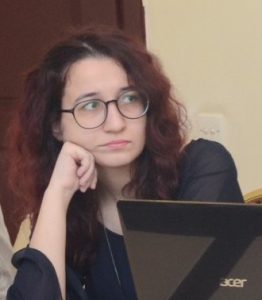



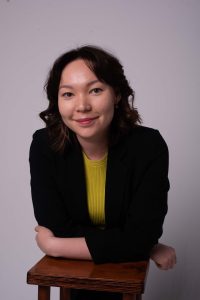
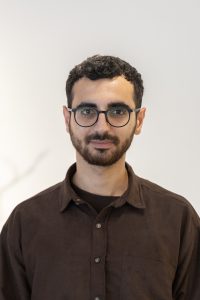 Bio
Bio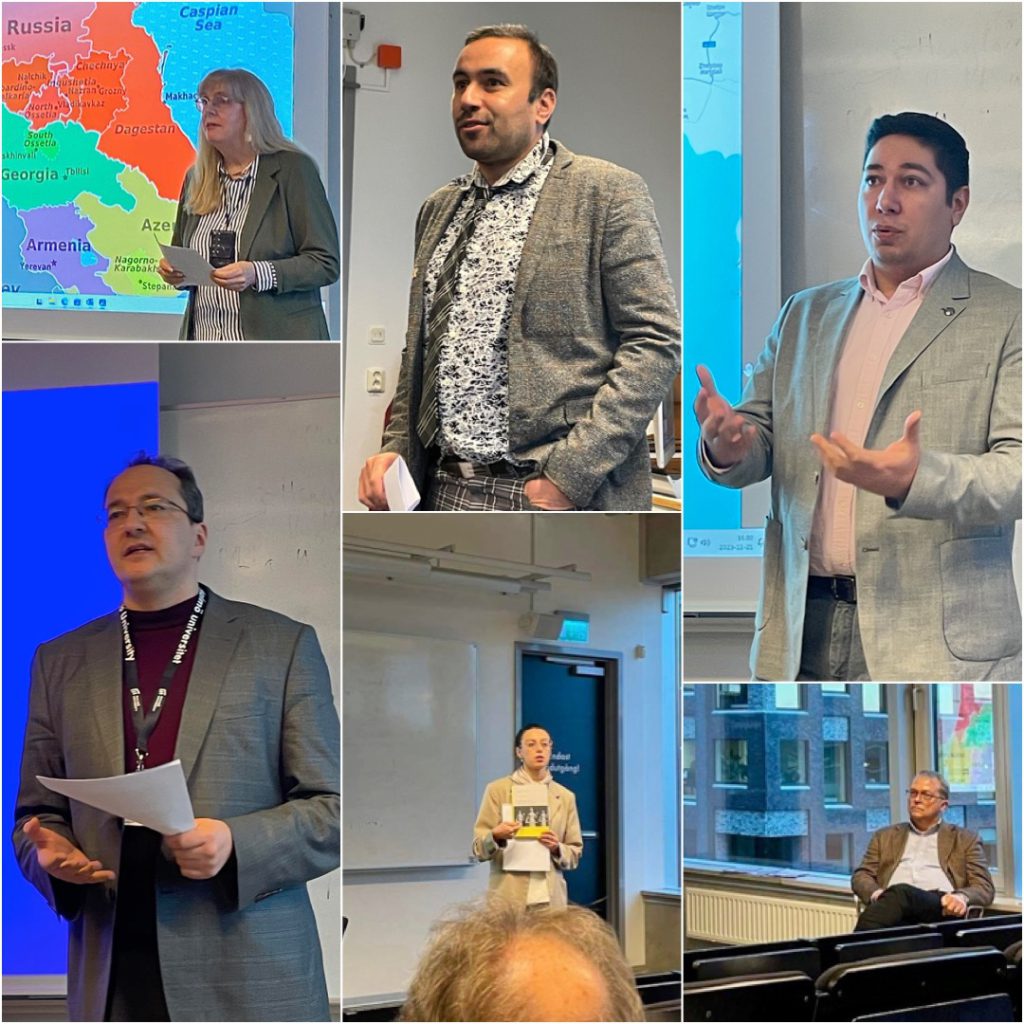
 Prof. Gerard Jirair Libaridian, professor (emeritus) of history at the University of Michigan, former advisor to the first President of the Republic of Armenia on foreign and security policies. (photo)
Prof. Gerard Jirair Libaridian, professor (emeritus) of history at the University of Michigan, former advisor to the first President of the Republic of Armenia on foreign and security policies. (photo) Magnusson, Märta-Lisa and Karina Vamling. (2023). Ryssland mot Turkiet i Nagorno-Karabach. Forskning & Framsteg.
Magnusson, Märta-Lisa and Karina Vamling. (2023). Ryssland mot Turkiet i Nagorno-Karabach. Forskning & Framsteg.  Makili-Aliyev, Kamal (2020).
Makili-Aliyev, Kamal (2020). 
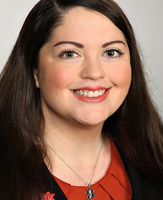
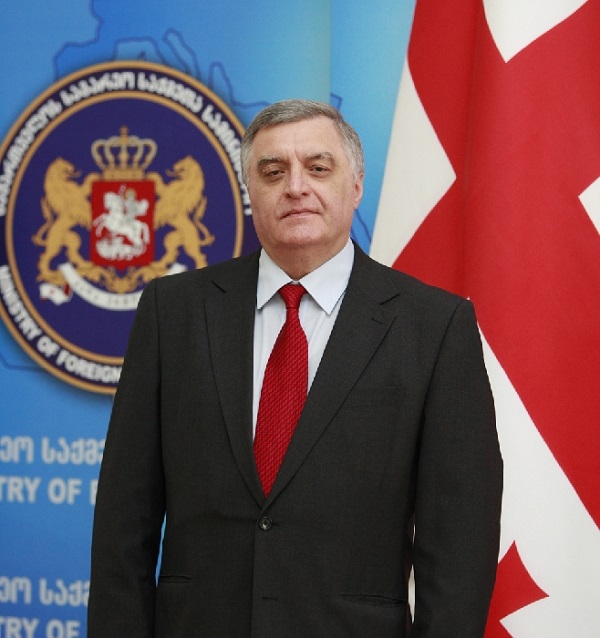 Welcome to the RUCARR seminar on November 15 with Dr. David Aptsiauri, who has served many years as Georgia’s Ambassador to China, Mongolia and the Socialist Republic of Vietnam.
Welcome to the RUCARR seminar on November 15 with Dr. David Aptsiauri, who has served many years as Georgia’s Ambassador to China, Mongolia and the Socialist Republic of Vietnam. Welcome to the Spring semester’s first seminar with Kamal Makili-Aliyev, LL.D. Senior Lecturer at the Dept. of Global Political Studies, Malmö University: The role of Azerbaijan in the non-aligned movement through the lens of international law and security.
Welcome to the Spring semester’s first seminar with Kamal Makili-Aliyev, LL.D. Senior Lecturer at the Dept. of Global Political Studies, Malmö University: The role of Azerbaijan in the non-aligned movement through the lens of international law and security.